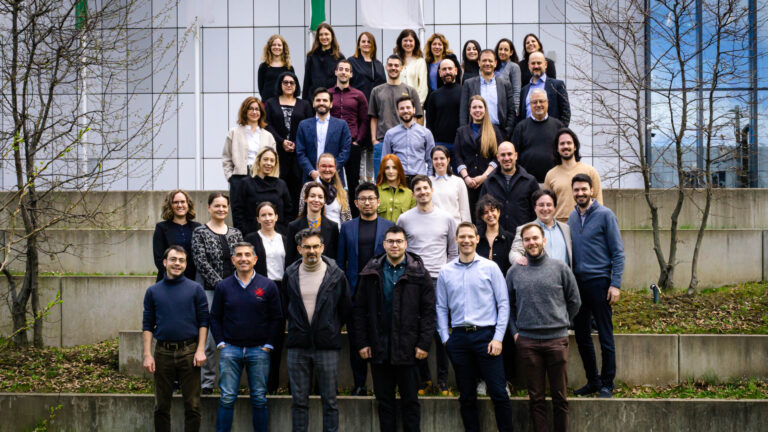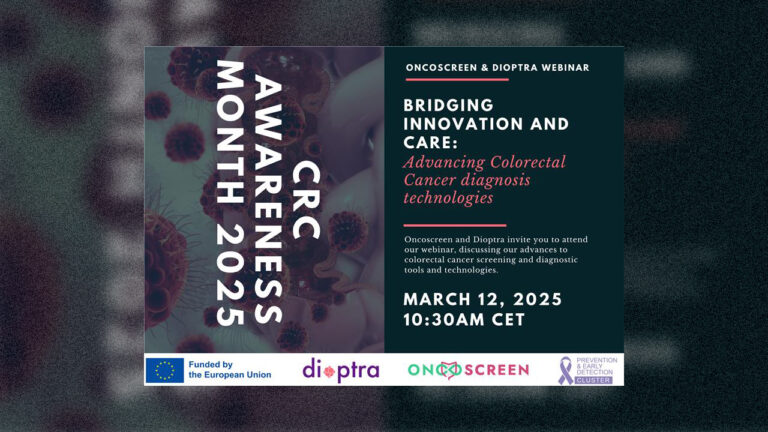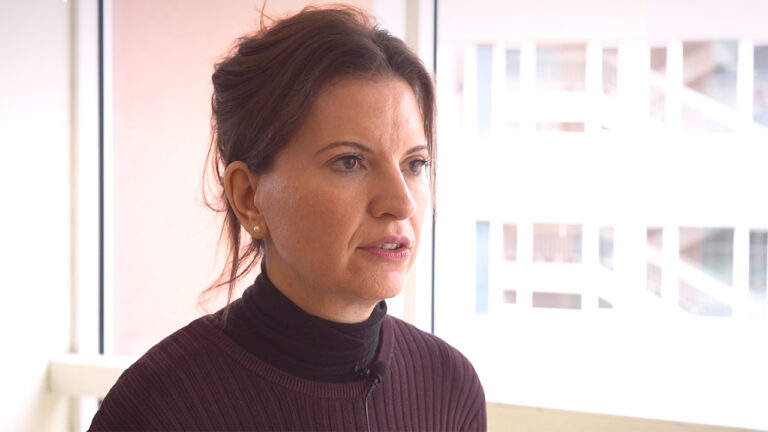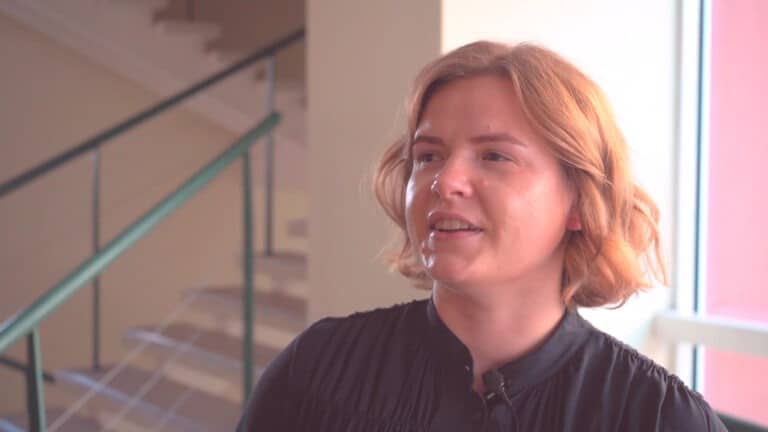We recently reached out to some of the DIOPTRA partners who are leading various activities to gain their perspectives on the project’s mission from their areas of expertise. This resulted in a series of video interviews that will be available on our website and official YouTube channel, where they share insights into their challenges and ongoing work. The first interview features Zheshen Jiang from the Centre Hospitalier Universitaire De Liège (CHUL) – located in Belgium – who discusses coordinating the clinical partners in DIOPTRA and the studies being conducted within the project.
Here below, a transcript of the interview, with some additional content:
Could you tell us about your role in DIOPTRA, Zheshen?
I’m working for the hospital center of Liège university in Belgium (CHUL): we are the clinical coordinator of the DIOPTRA project. We are coordinating on all the clinical process of this project in its four years.
What are the activities are you running at the moment?
Right now we’re preparing for the Prospective Study and we’re at the end of Retrospective Study, as part of our mission to evolve prediction and screening methods.
What is the DIOPTRA Retrospective Study about?
The Retrospective Study involves a vast dataset collected from DIOPTRA’s eight clinical partners. The aim is to compile sufficient data to analyse and develop models that will aid in the early detection of colorectal cancer (CRC).
What type of data do you collect?
We are collecting all the demographic information about participating patients at the time they went to the hospital for a check-up or for a colonoscopy, and also the participants’ medical records, personal and family medical history, in order to pinpoint risk factors and predictors for CRC, of course.
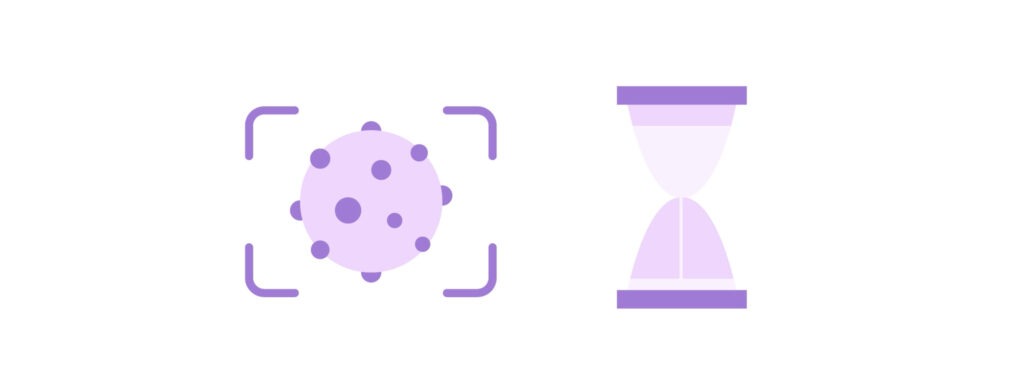
How is this data used?
After we collect the data, our technical partners will receive this data and will use this data – with the help of AI and machine learning – to establish models, to predict the early onset of colon cancer, and to produce an extensive list of biomarkers that will be used for early detection of CRC.
What does the Prospective Study entice, instead?
The Prospective Study will recruit participants that will generate the data for model refinement, which will help us to better understand the mechanism of early onset of CRC.
How does this all come together? – What is your ultimate goal within DIOPTRA?
Our goal is to provide the general population with more precise information about the early onset of CRC and how to prevent this by recommendations on different risk factors. At the same time, we wanted to develop new methods to facilitate the screening, and especially the early screening. We wanted to discover potential useful blood protein biomarkers to create a rapid test, just like for COVID detection: very accessible, much less expensive – which could be a more efficient screening tool for the general population.

